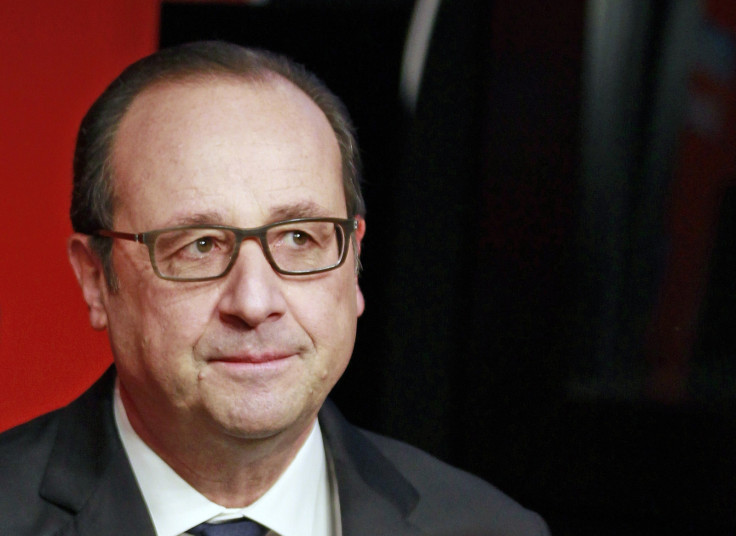France swings to current account deficit on the back of greater oil imports

France's deficit reduction drive is at risk of coming in below target in 2015, the head of the public auditing body has warned.
Tax revenues and spending cuts fall short of the government's expectations, meaning the country has repeatedly missed fiscal targets.
This comes as the country's central bank announced France's current account has been hit by higher oil imports at the end of 2014, meaning its current account turned to a deficit in December from a surplus in the previous month.
The visible trade shortfall widened on the back of higher volume of oil imports in December after slower imports in November, the French central bank announced this morning (11 February).
The current account swung in the red in December with a €1.9bn (£1.4bn, $2.15bn) loss versus a €300m surplus registered in November.
These numbers confirm preliminary finance ministry figures published on 15 January that anticipated a €85.6bn deficit for 2014 - higher than the €74.9bn registered in 2013.
On 3 November, France's finance minister Michel Sapin cut the country's deficit forecast to 4.1% from the 4.3% previously forecast for 2015, adding that Paris will be well within the EU's 3% limit by 2017.
However, presenting his annual report, Cour des Comptes chief Didier Migaud said this morning the government's ability to respect its 2015 target of a deficit reduced to 4.1% of gross domestic product was "uncertain".
"Even if the 2014 results are better than the 4.4% forecast, France's ability to meet its commitments remains uncertain for 2015," he said.
The European Commission had warned President Francois Hollande's government that failure to implement further cuts could leave it with no alternative but to impose sanctions which could, theoretically, amount to 0.2% of GDP.
Deficit lower than anticipated
However, the Banque de France remained positive. In a statement released this morning, it explained December's deficit was lower than the €3.4bn previously forecast in 2014.
"The trade deficit declined for the third consecutive year," the Secretary of State for Foreign Trade, Matthias Fekl, said in a statement.
According to the central bank's accounts, the balance improved by 27.8% since the abysmal record of 2011 of €74.5bn.
The improvement in 2014 was "due to lower energy imports, which were linked to the oil price decline and a decrease in quantities imported during the year," Fekl added.
Since last summer, crude oil prices have fallen by about 60% - greatly reducing the cost of imports for the euro zone's second-largest economy.
© Copyright IBTimes 2025. All rights reserved.






















